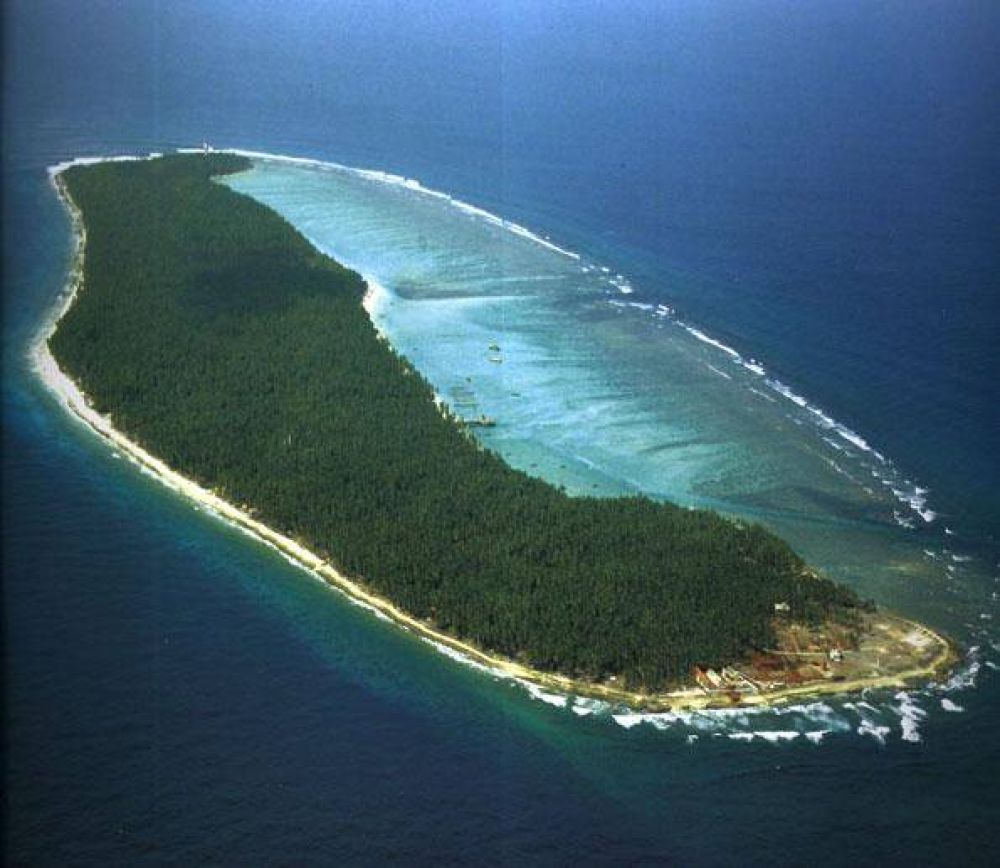

Andrott Island, the largest of the Lakshadweep islands in India, has a unique and somewhat less documented history in terms of its tourism. The tourism history of Andrott Island, and Lakshadweep in general, is a recent development mainly due to the geographical isolation and sensitive ecology of the region.
In the past, Lakshadweep was not prominently featured on the tourist map, mainly because of its remoteness and restrictions imposed by the Indian government to protect its ecological balance. Initially, the islands were primarily visited by government officials and the local islanders themselves.
Over time, the unique beauty of Andrott Island began to attract the attention of travelers seeking unspoiled beaches and a serene environment. The government of India, recognizing the potential for eco-friendly tourism, gradually started to promote Lakshadweep as a tourist destination while ensuring the preservation of its natural resources.
By introducing a permit system, the administration has controlled the flow of tourists to safeguard the fragile ecosystems of the islands. This regulation has helped in preserving the pristine quality of the beaches and marine life, making Andrott Island an exemplary destination for eco-tourists and those interested in experiencing untouched natural beauty.
In recent years, the focus has been on sustainable and responsible tourism. Accommodations such as eco-friendly resorts and cottages have been developed on Andrott Island to cater to environment-conscious travelers. Activities like snorkeling, scuba diving, and kayaking are offered in a way that minimizes the impact on coral reefs and marine ecosystems.
The latest trends in tourism on Andrott Island revolve around community involvement and the promotion of local culture. The islanders play a crucial role in hosting tourists and showcasing their traditions, ensuring that tourism revenue benefits the local population directly. Cultural exchanges and homestays are becoming popular, providing visitors with a more intimate and authentic experience of island life.
As Andrott Island's tourism continues to grow, it aims to balance the development with conservation efforts. It stands as a beacon for responsible tourism, attracting visitors who appreciate its commitment to preserving its natural charm while offering a memorable travel experience.